Ceiling Pladur® NEO
 More information
More information
 More information
More information
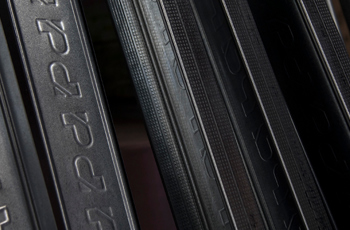 More information
More information
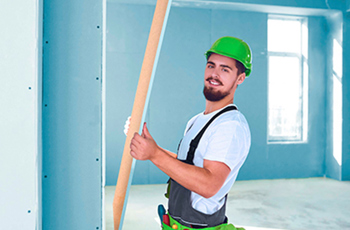 More Information
More Information
 More information
More information
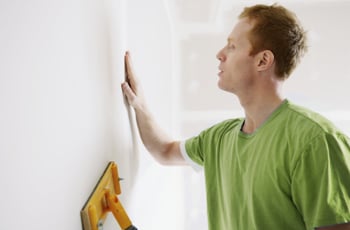 More information
More information
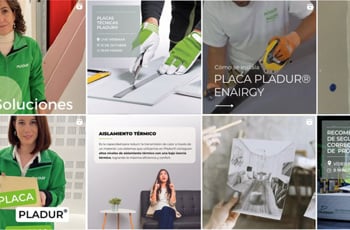 More information
More information
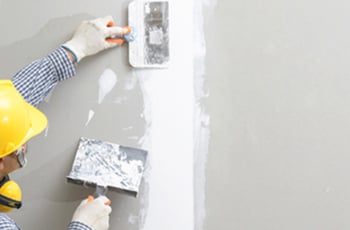 More information
More information
 More information
More information
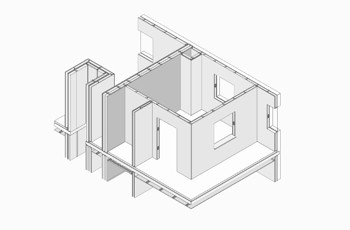 Start
Start
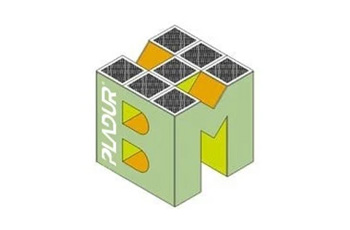 Start
Start
 More information
More information
 More information
More information
 See more
See more
 More information
More information
 More information
More information
 More information
More information
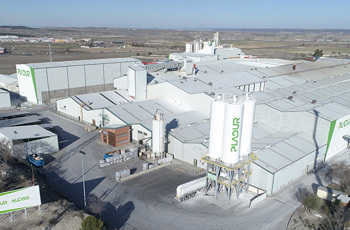 More information
More information
Lock-down has turned thousands of people’s idea of a model home on its head. Society is asking, what are the requirements for a healthy house? What is comfort? Have our preferences when choosing a home changed?**
Our homes are now more than ever our refuge. The COVID-19 pandemic is making us rethink the sort of house in which we have to spend long hours and carry out most of the activities for daily living, including rest and leisure.
We have reached a point in time where precedents are being set that could become new paradigms, such as teleworking. Many people are asking, ‘In what type of home do I really want to live my life?'
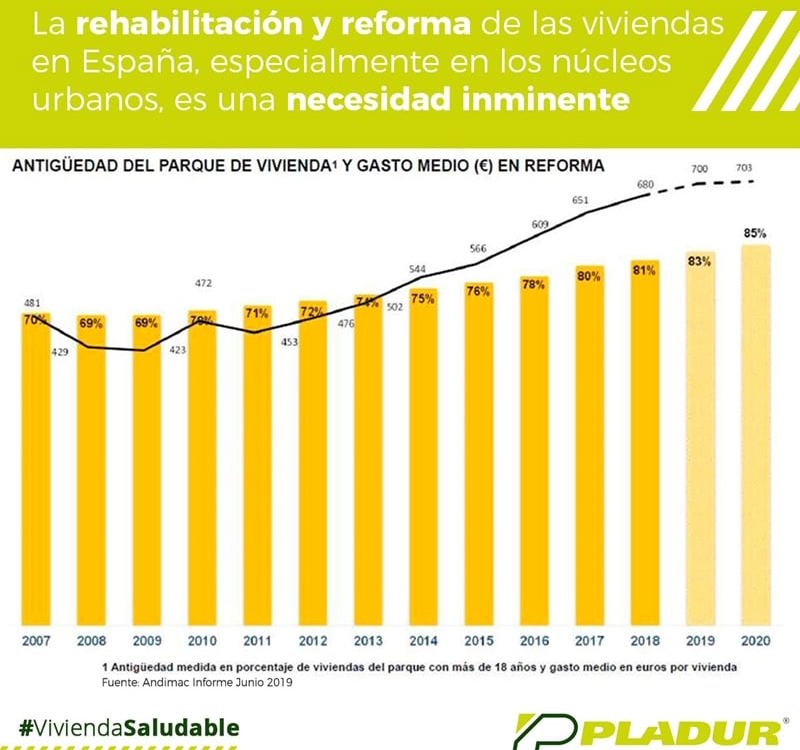
Clearly, there is a general consensus regarding certain essential elements that make a home a safe, pleasant, habitable and, in short, a decent place for a person or family to live.
But this is not the case for everyone. The covid health crisis has highlighted the ageing housing stock in Spain and opened up a number of debates. For instance, how big a space does a human really need to spend long hours at home? Is the use of communal areas appropriate? Can a home that does not receive enough hours of natural light be pleasant (or healthy) for spending long periods indoors.
What are the most important elements to ensure a house can be considered ‘healthy’? Below we analyse the characteristics that make a home a comfortable and sustainable place.
If we had to give as brief an answer as possible, we would say that any annoying sound is noise. However, it is important to reflect on the implications of a home that, firstly, does not protect its residents from noise pollution or the neighbour’s daily noises and, secondly, fails to maintain privacy, properly insulating the home from the outside.
Sleep problems are one of the most common consequences of a home that has not been built to offer adequate noise protection parameters. But anxiety, stress and even depression are also costs residents of such homes have to pay, harming their mental and physical health.
According to the Spanish National Statistics Institute (INE), 17% of Spanish homes suffer from noise from neighbours or outdoors, the worst regions being Ceuta (37% of homes), Balearic Islands (28%), Canary Islands (27%) and Madrid (21%). However, although the Technical Building Code establishes that acoustic insulation between premises of different usage and the outside is obligatory, in practice such insulation is insufficient in most Spanish housing stock.
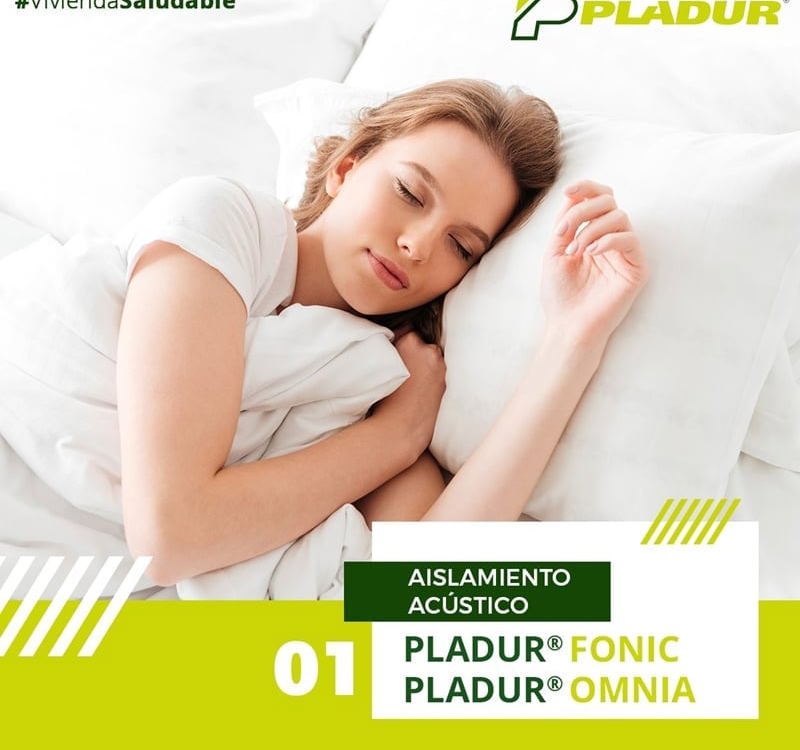
Users are increasingly demanding the right to enjoy their home without noisy interference from outside and without the privacy being compromised. This is why Pladur® has developed the Pladur® Fonic technical board and the Pladur® Omnia board for spaces requiring acoustic insulation. Both solutions can reduce noise levels by up to 50% using the same installation system as the standard Pladur® board. Everyone can enjoy a pleasant, healthy environment.
It should go without saying that a house should be properly protected from the weather. But many homes in Spain lack adequate thermal insulation, as they were built before technical standards were established that made it obligatory. Indeed, in Spain, half of the energy consumed in homes goes on from heating.
This deficiency in thermal insulation for walls and gaps drastically reduces residents’ comfort, not only requiring increased spending on energy consumption (heating in winter and air conditioning in summer), but also harming the environment, by increasing CO2 emissions and contributing to global warming.
The concept of an energy efficient home thus seeks to solve problems such as thermal bridges and condensation, which prevent homes from reaching the heat comfort levels their residents require. A properly insulated home can improve energy savings by almost 20% by reducing energy loss by over 55%.
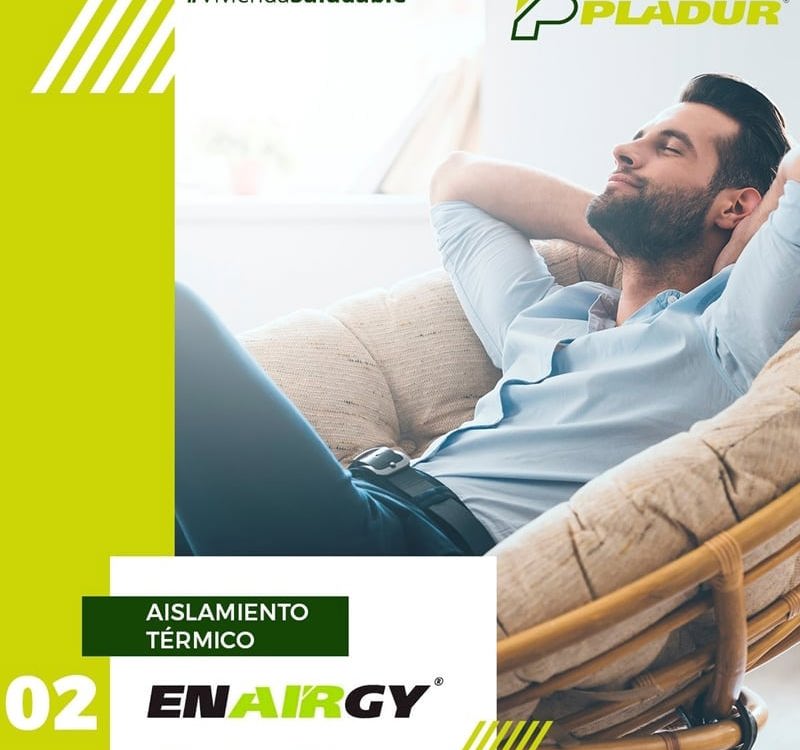
Thanks to their excellent thermal resistance, Pladur® systems reduce energy requirements and energy loss. Due to minimal thermal inertia, temperatures in homes that use these systems can be easily regulated and require lower energy levels. Furthermore, solutions such as Pladur ENAIRGY® are characterised by their versatility, ensuring homes are sustainable in all aspects: thermal and acoustic insulation in a single product.
However, as well as concern for optimising energy consumption and the heat and acoustic comfort that is so essential to our quality of life, air quality inside the home is another parameter the covid crisis has highlighted; all too often this has been pushed into second place due to lack of awareness regarding its importance.
If one considers that 90% of Spanish housing stock was built before the Technical Building Code came into force, one gets an idea of the gaps that exist in terms of comfort, efficiency and sustainability. Along with inadequate (not to say non-existent) thermal and acoustic comfort, there is also the problem of spaces in which bacteria, toxic particles and other pathogens thrive.
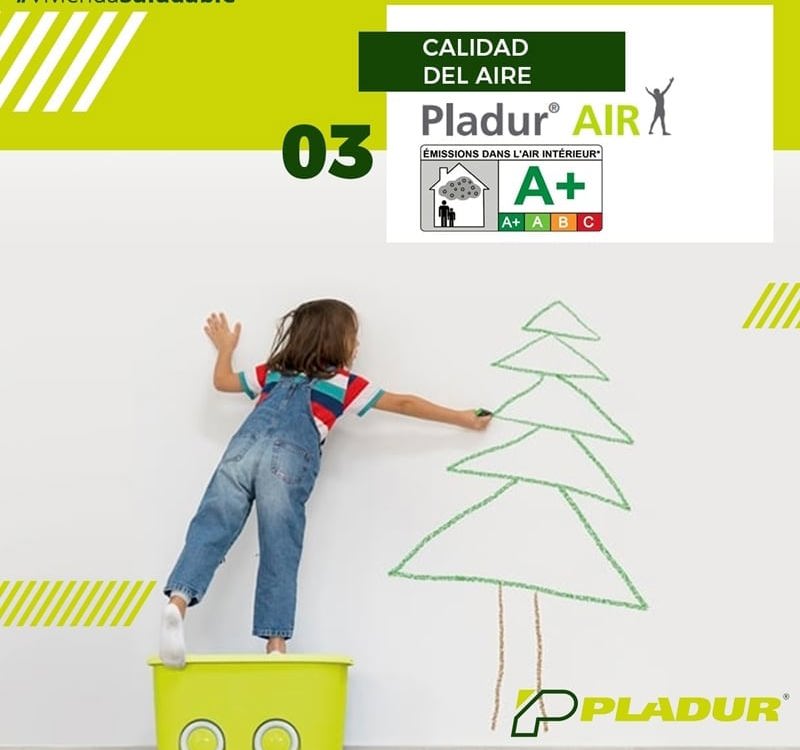
Pladur® plasterboard products have the maximum** A+ classification** for indoor air quality, as they drastically reduce the emission of volatile organic compounds (VOCs), which are harmful to health. For instance, solutions such as the Pladur® FON+ Air range of ceilings absorb VOCs as well as unpleasant odours, while also offering high performance in terms of acoustic conditioning.
One of the more obvious conclusions today is that the refurbishment and reform of Spanish housing, especially in urban areas, is a pressing necessity. The COVID-19 health crisis has clearly and forcefully highlighted the vital importance of a home built in line with the fundamental requirements for comfort. Use of building solutions that can guarantee thermal and acoustic insulation, energy efficiency and indoor air quality to protect our health and the environment will be become increasingly essential in the near future.